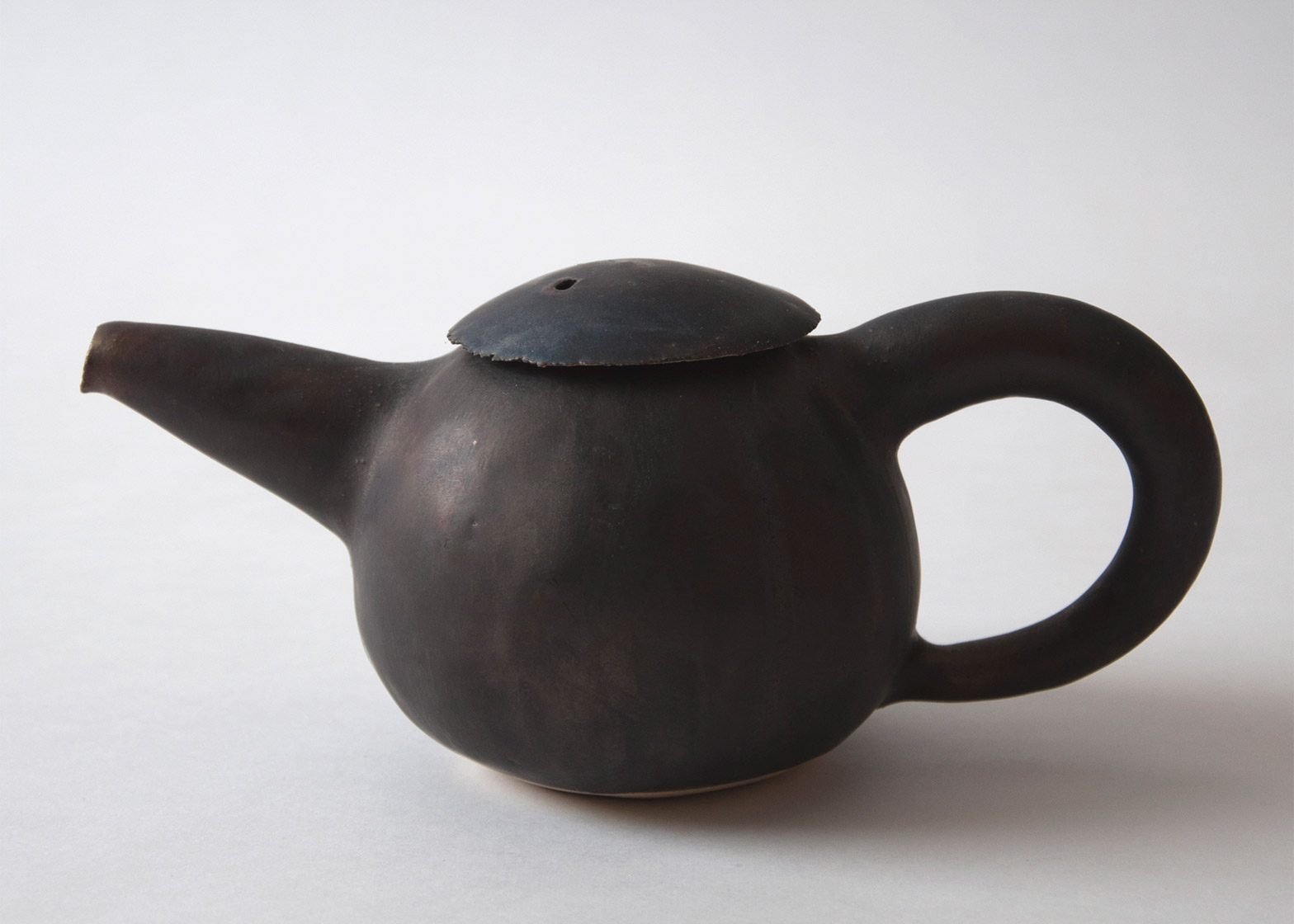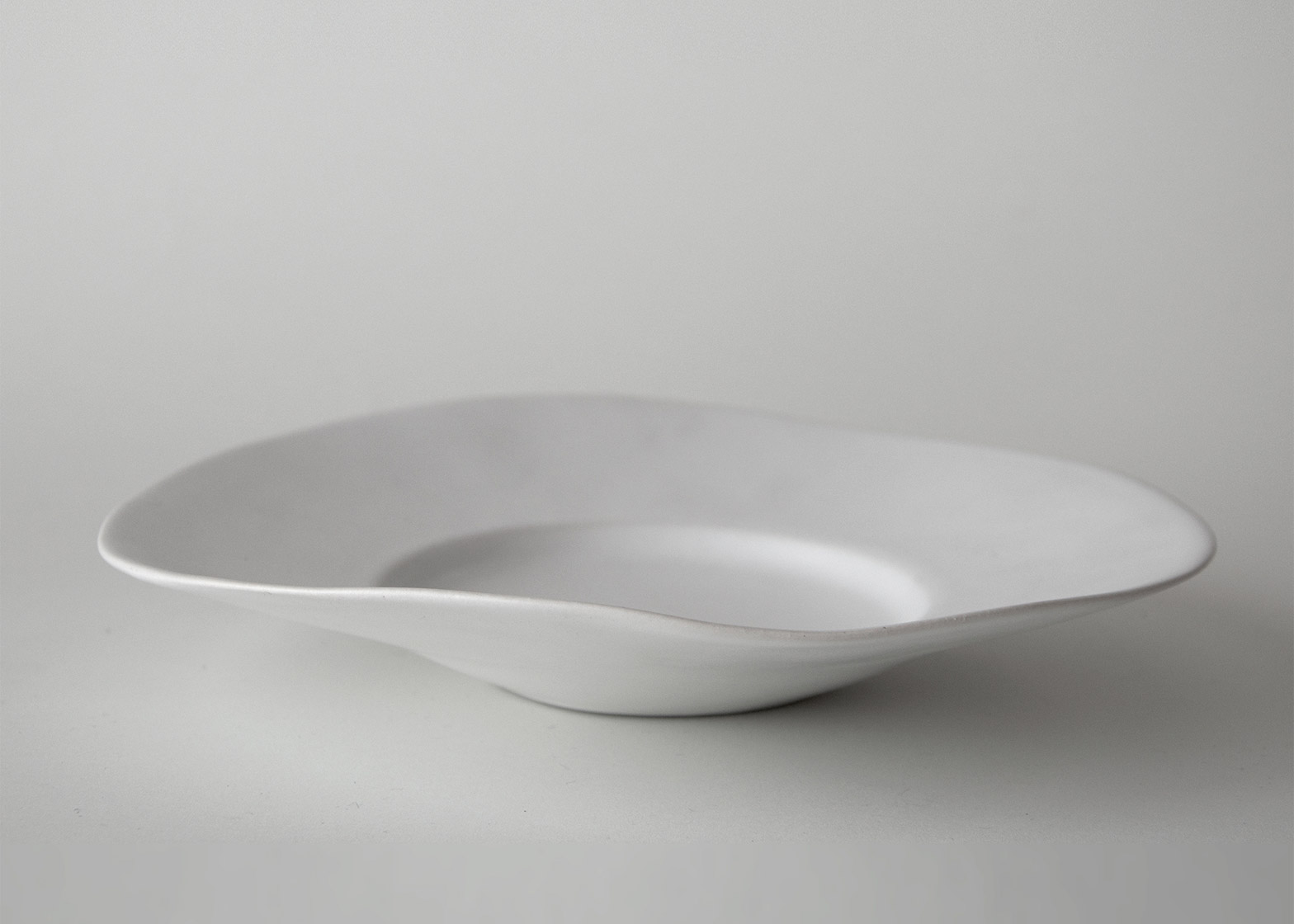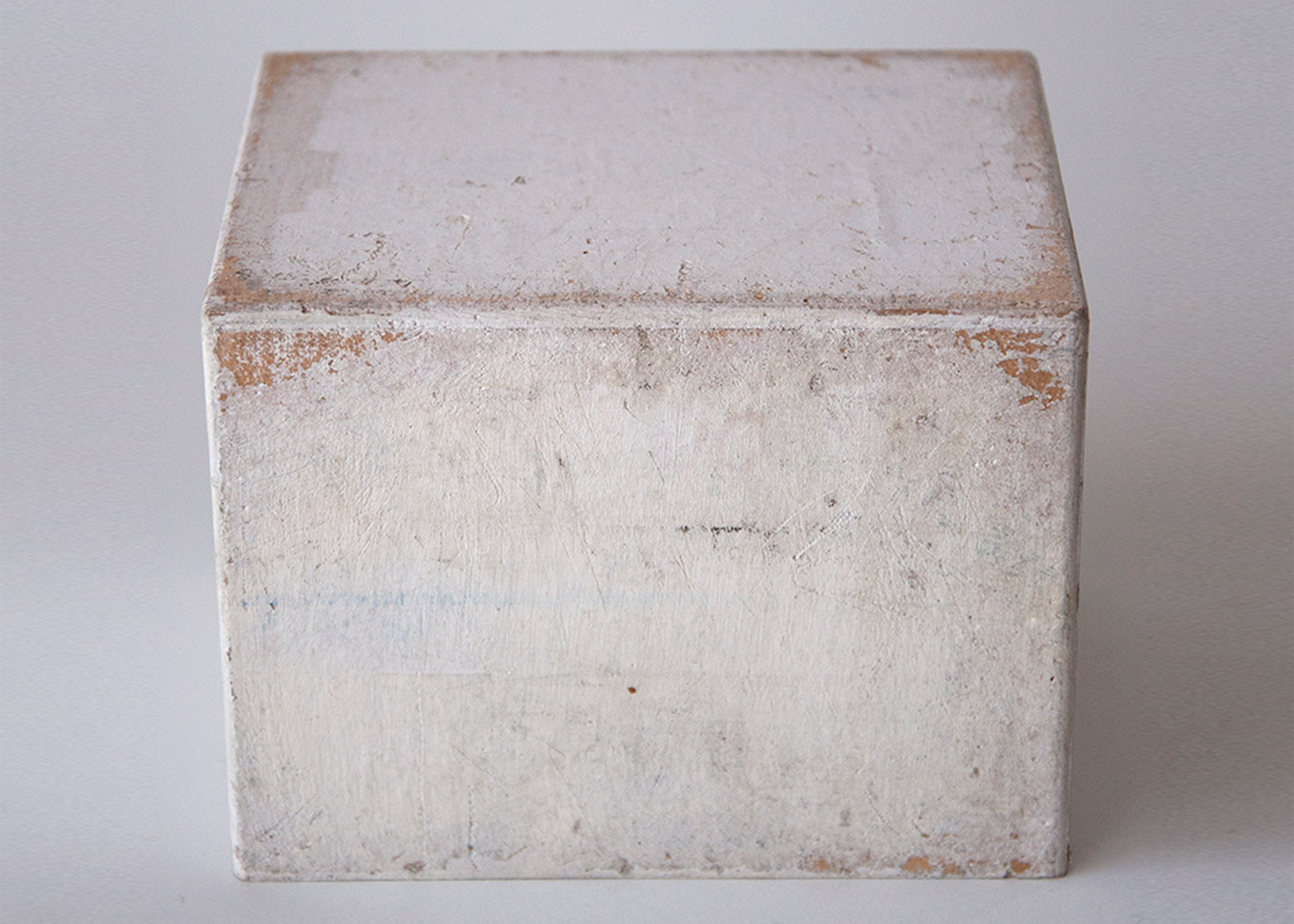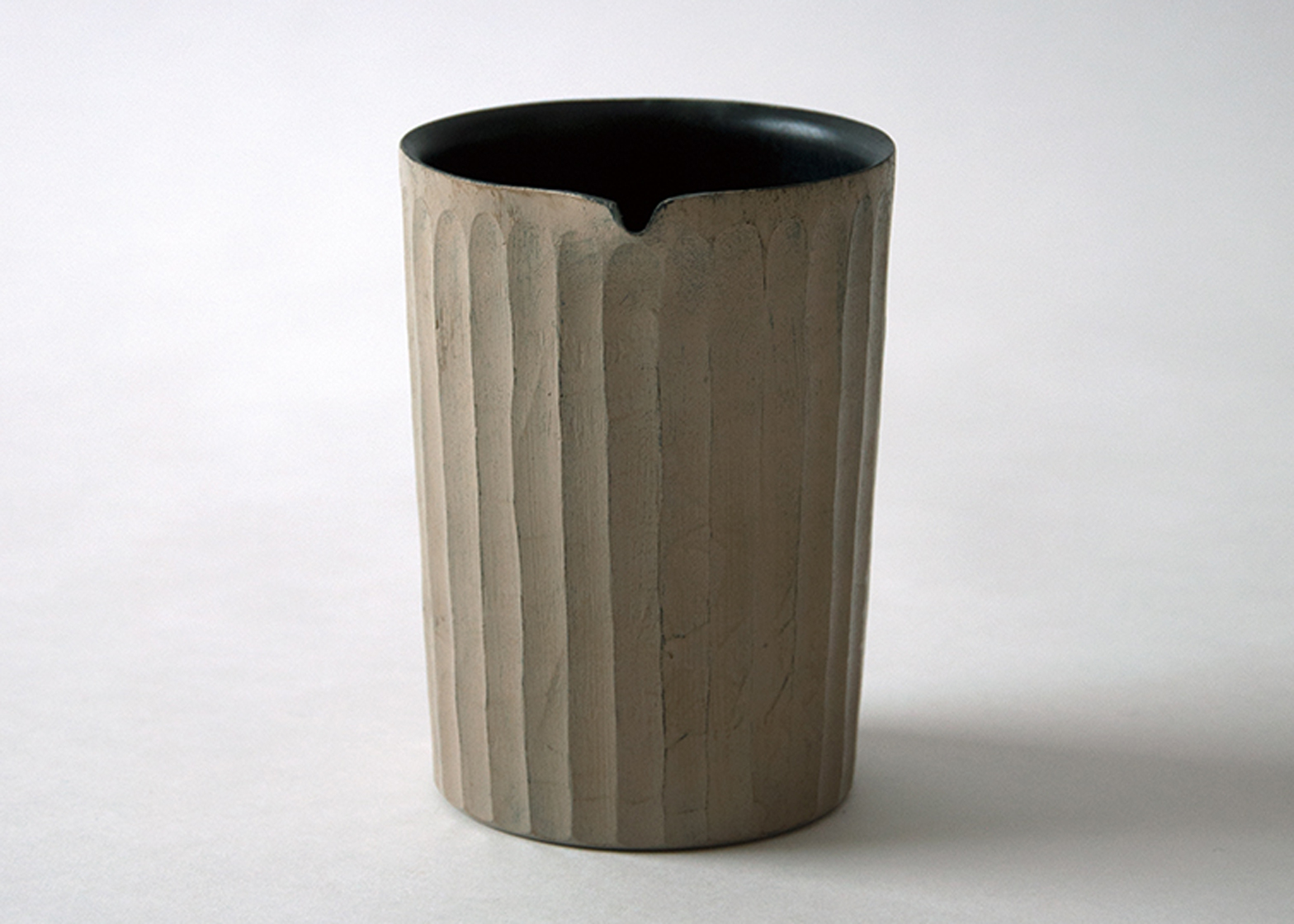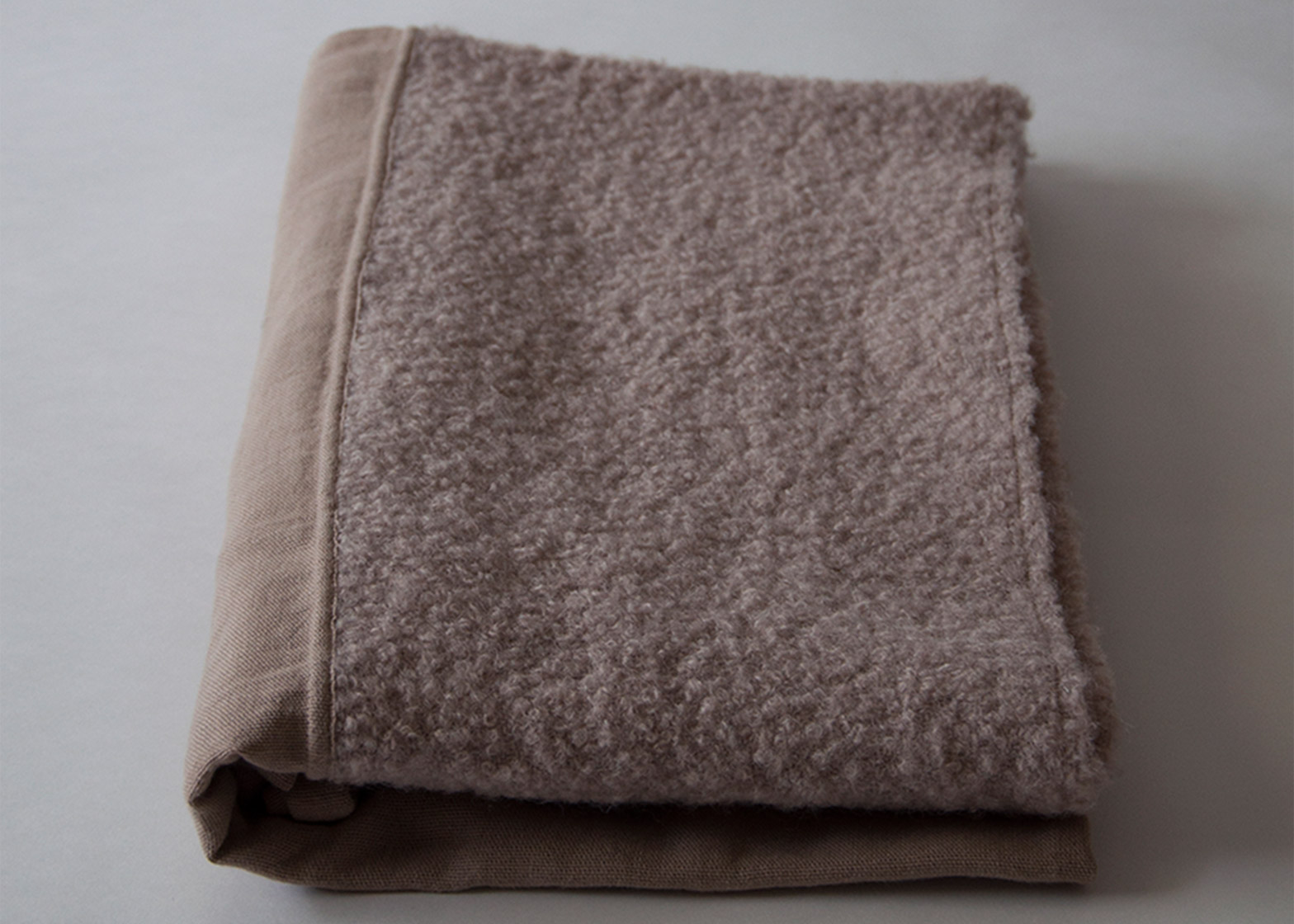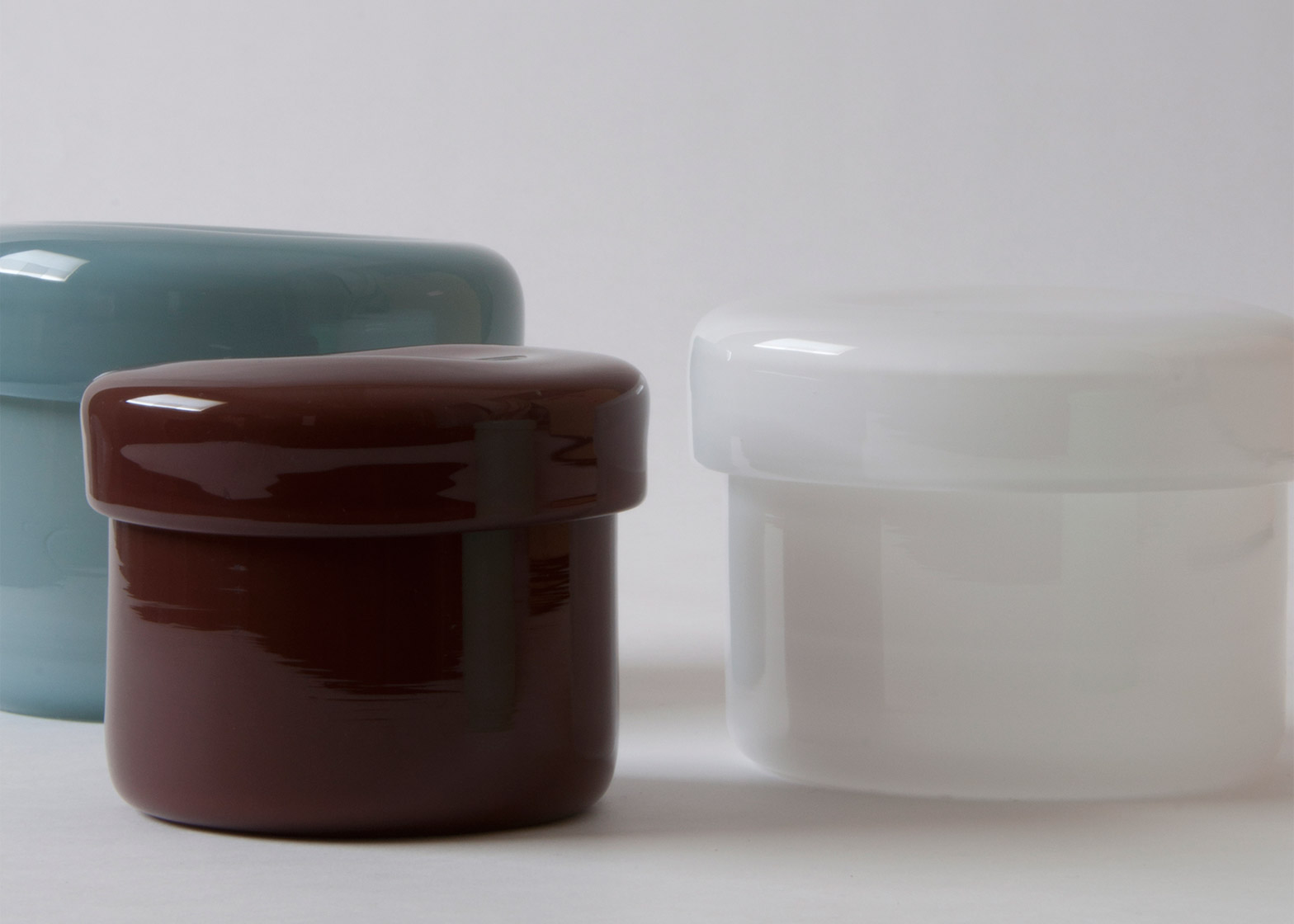Japanese brand Muji is introducing a range of handmade homeware – including woodwork, ceramic and glass pieces – to its stores (+ slideshow).
Named Tatazumai, the collection comprises more than 100 items designed in collaboration with six contemporary Japanese artisans.
Pieces in the collection include decorative household objects by glass artist Kazumi Tsjui, boxes and other mixed-material wares from Michiko Iwata, ceramic items by Keisuke Iwata, kitchenware from both woodworker Ryuji Mitani and ceramist Masanobu Ando, and clothing from the textile artist Akiko Ando.
"The word Tatazumai translates to appearance, shape or atmosphere, and is often used in Japan to compliment the organic, wholesome nature of a person or object," said Muji.
"The collection features objects that are used in daily life, that harmonise beautifully with other objects in your home and are meant to live side by side with the person using them," they continued.
Tatazumai was first introduced by Muji in Japan, and then in Paris last year. The collection will be on show at an exhibition curated by antique dealer Kazumi Sakata at Muji's Fifth Avenue flagship store in New York from 23 to 26 June.
Throughout the duration of the exhibition, each of the six artisans will be available to speak about their pieces and processes with visitors.
Muji is the latest brand to tap into a growing market for crafted products. In an interview with Dezeen, Sebastian Cox – one of the leading young designers in Britain's burgeoning craft movement – explained that his interest in techniques like coppicing and swilling was about exploring new opportunities within old methods.
"I'm not being sentimental, or nostalgic and sad, about the idea that these skills will be lost if not passed on," he said. "I get excited about the prospect of finding a new – to me, or to contemporary design – set of materials or techniques to learn and draw inspiration from."
New brand 2016/ is another to turn its attention to traditional crafts, uniting contemporary designers with craftspeople from Amrita, Japan, where there is a 400-year-old porcelain industry.
Muji was founded in 1980 in Japan and is known for its small products – such as Naoto Fukasawa's 1999 wall-mounted CD-player – designed to be free of branding.
In recent years, the company has moved into housing concepts, with a prefabricated "vertical house" created to fit into the narrow spaces of Japan's cities, and a trio of prefab minimal cabins in collaboration with designers Jasper Morrison, Konstantin Grcic and Fukasawa.

